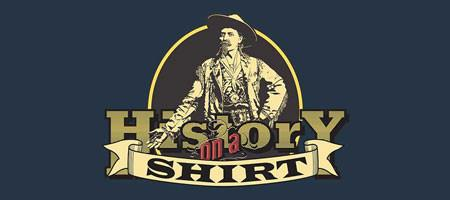Ivy Leaguers volunteered for the air service in proportionally great numbers a hundred years ago. But, considering the absent-minded professor image, do Ivy Leaguers make good Air Force officers?
It's not just an academic question, pun intended. The USAF funds scholarships at various percentages of a school's cost, so is the extra money for an Ivy League education worth it to the USAF?
I have been looking up cadets of the late '80s and early '90s on LinkedIn. Thirty years ago, the main kind of AFROTC scholarship was a four-year full ride scholarship to whatever school one could get into. All you had to do was take ROTC and spend at least four years in the USAF after graduation. Pretty good deal, especially for a student who could get into an Ivy League school but couldn't pay for it. And it was a guaranteed job on graduation - a notable benefit even then.
Cornell was at that time the only Ivy League that had AFROTC; during the '60s when anything military was unpopular, many universities got rid of their ROTC programs. Cornell couldn't do that, because of its status as a land grant college, but the university could and did refuse to count credits for most military classes, and generally treated ROTC as highly unpopular. "Diversity" on campus was for skin color, not other points of view. If students were in uniform then it was okay to call them names.
While Cornell had little use for the USAF then, the USAF was paying high prices for a product that was not even clearly good for their purposes. Cornell cadets might have book smarts, but street smarts? Not so much. Seeing many sides to a question can paralyze decision-making, or at least lead to discussions rather than action, so abstract intellectuals are not usually who one wants to follow into battle.
Then were Cornell and the USAF just obligated to each other by Cornell's history in WWI? Or was there really a benefit to the extra-expensive scholarships?
The cadets of that time are mostly at the end of their military careers now. From what I see on LinkedIn, I've come to the conclusion that Air Force planners knew all along what they were doing; each scholarship was a risk, but a statistically calculated one. Many cadets from those days did have short and/or undistinguished Air Force careers, some by their own choice, others not exactly by choice. However, after 25 years, there is also a high percentage who retired/are retiring as "full bird" colonels. That's as in around ten times as high as the number I had heard one should expect for a number of cadets.
One retired pilot from Cornell (not one of the full bird colonels) confirmed my impressions in this quote based on his USAF career:
Three out of four times Ivy Leaguers have a very, very tough time in the military. They have a lot of trouble suspending disbelief and simply learning the ropes of followership.
[They think] "I can do it better and smarter than that" and there is an element of arrogance that is akin, albeit different, to the stereotypical pilot [attitude], but the arrogance of pilots is respected if they can back up their bravado with putting munitions on target. Not so with intellectual arrogance, and the military is a cross section of American society – Joe Sixpack or Mary Smith from Wichita don't like to be condescended to.
...it amazes me the level of arrogance that many of us [in the local Cornell Club] have…..and I encounter these people in an environment where we are all Cornellians. That said, the 1 out of 4 who can be a chameleon or are able to see the long view and suffer through can do very well/go far.
But the military doesn't reward intellectualism until you have literally mastered the warcraft, i.e. - late into field grade. If you have credibility as a warfighter, when the time comes, the intellectualism is indeed a strong aid. And intellectualism combined with decisiveness is the hallmark of almost all strong and effective commanders. Or put another way, no one much cared how smart I was until I was able to exhibit the discipline and ability necessary to fly and excel in combat. After that, then they'd be willing to listen to my ramblings. And from my present point of view, I find that right and proper.
So maybe the Ivy Leagues and the military are good for each other; it just takes time and humility to see the payoff. And maybe then it is a good thing that Yale now has an AFROTC program again (note the still rather distant attitude of students in the quotes!) Maybe Harvard, Yale, and Cornell will remember in this centennial why each has a WWI memorial on campus (Quentin Roosevelt is one of the names listed at Harvard's) and why each published a book about the university's contribution to the war effort, all three of which books are in the Vintage Aero Flying Museum collection.
I have been reading in Cornell's book about the war dead. Flu and aircraft accident at Issoudun seem to be the big killers; more on that later....
